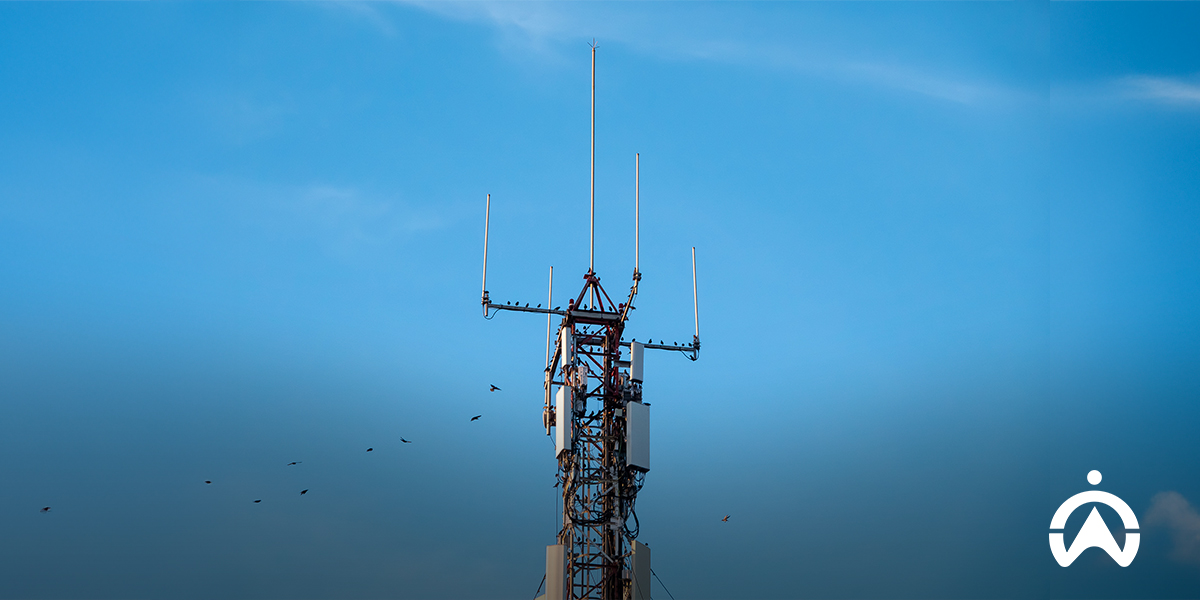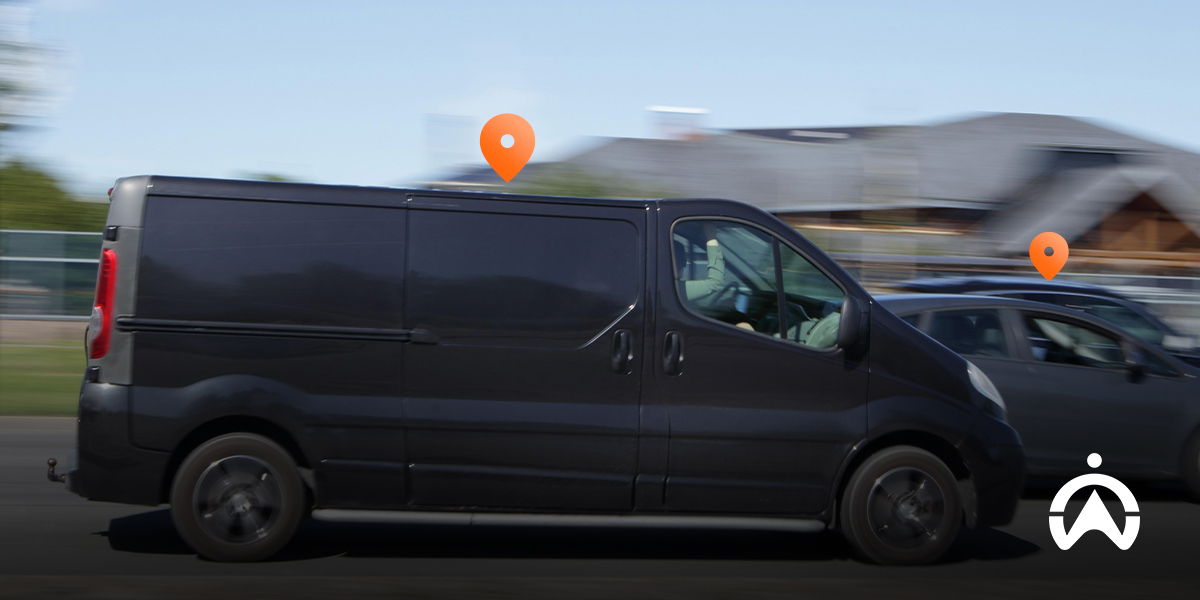The Global Positioning System (GPS) is more accurate than the Global System for Mobile Communication (GSM). GPS shows where a vehicle is, but it cannot send that location on its own. GSM is what sends the tracking details to you or a control centre. Think of GPS as finding the place, and GSM as passing the message.
In 2025, GPS vehicle tracking systems led the market by 48.9%. The rest was split between GSM, satellite-only, OBD, and other systems. In South Africa, the most common trackers use both GPS and GSM together. And with new tech like 5G, you can expect the market to keep growing.
In today’s blog, we’re taking a look at how GPS and GSM are different, and why a hybrid system offers the best of both.
GPS gives the most accurate location, but in South Africa, it works best when paired with GSM. GSM lets the tracker send live updates to your phone or a control centre. With high vehicle theft, relying on only one system can leave gaps and slow down recovery efforts.
Hybrid trackers use both GPS and GSM to stay connected. They resist jamming and reduce the risk of signal loss. GPS can struggle in cities, while GSM can fail in rural areas. Using both means the system works more reliably, giving stronger coverage almost everywhere.
GPS and GSM tracking each have unique strengths; one may work better in certain places than the other. When combined, they make a stronger system that improves safety and reliability. Knowing how they work together, and what their differences are can give drivers more peace of mind on South African roads.
GPS uses satellites to find an exact location, which means that it connects to at least three satellites simultaneously to maintain accuracy. The latest report from NASA confirms that 24 GPS satellites are orbiting Earth, all working together to provide GPS systems with reliable and precise location information worldwide.
Note: Some online sources, like the US Federal Aviation Administration, list 31 active GPS satellites.
GSM relies on mobile networks, so it’s less accurate but sometimes more reliable than GPS. It connects to one or two cellphone towers at a time, which means it can’t find accurate distances as easily as GPS. Some tracking systems use only GSM, but these often give poor tracking data.
Hybrid trackers use GSM to send accurate GPS locations to a control centre or smartphone.

Neither system alone is the best, because while GPS is very accurate, it can be jammed. GSM is harder to block, but it’s much less accurate. To get accurate, real-time updates and better theft protection, a hybrid system that uses both is the best.
This is because hybrid trackers offer features like:
Tip: Always check if a tracking provider offers 24/7 recovery support; some only provide location updates without vehicle recovery services.
South African tracking companies, including Cartrack, use hybrid units because these systems improve recovery rates, have increased accuracy, and keep vehicles safer. Combining GPS and GSM gives real-time updates, making them more reliable than older, single-system trackers.
The first tracking units relied only on GPS, which had high costs to operate and would only send real-time location information in emergencies. This became less useful as users and fleets wanted active, constant tracking. Fleet managers now need real-time updates to monitor vehicles, plot routes and create geofences.
As we move into the future, this technology will keep improving. New available features include AI, better tracking, integrated telematics, and backup systems. These make hybrid trackers smarter, safer, and more effective at protecting vehicles and managing fleets.
Note: Integrated telematics is when a tracking unit is connected to a car’s systems, measuring speed, braking, fuel use, idling, and more.
Cartrack units have long ago adopted fully hybrid systems, using both GPS and GSM to provide accurate real-time data to our users. Over the years, as bandwidth became more available (and users and fleets required more data), technology had to adapt, and so did we.
Modern Cartrack units do much more than simply provide location and telematics. They provide a complete solution, providing route optimisation, telematics, vehicle monitoring, and more. Three key areas make our units more accurate, more reliable, and jamming-resistant.

Choosing a hybrid tracker that combines GPS and GSM is best for South African roads. While GPS does offer pinpoint accuracy, GSM provides much more reliable communication, even when other signals are weak.
Invest in a dual-system tracker to ensure you have the best protection and peace of mind.
Yes, units that use both GPS and GSM usually have higher recovery rates. GPS gives a precise location, while GSM ensures the data reaches the control room quickly. Using both makes it harder for thieves to block the signal and improves the chances of finding the vehicle.
Yes, hybrid devices provide real-time tracking, telematics data, and accurate reports. This helps fleet managers monitor driver behaviour, vehicle use, and safety, making compliance with company policies and legal regulations easier. They also improve efficiency and reduce costs over time.
You pick the best tracker based on what it can provide for the specific use case. The accuracy, reliability, and features that you need to consider. Private vehicles benefit from hybrid systems for theft protection and recovery. Fleet vehicles may only need real-time tracking, telematics, and reporting, but not SVR. High-value assets may need extra security, like backup units or anti-jamming technology. Always check coverage, battery life, and provider support in South Africa.
.jpg)
Understand the key differences, pros, and cons of GPS vs. GSM vehicle tracking. This guide helps you compare technologies to choose the best solution for your car or fleet.